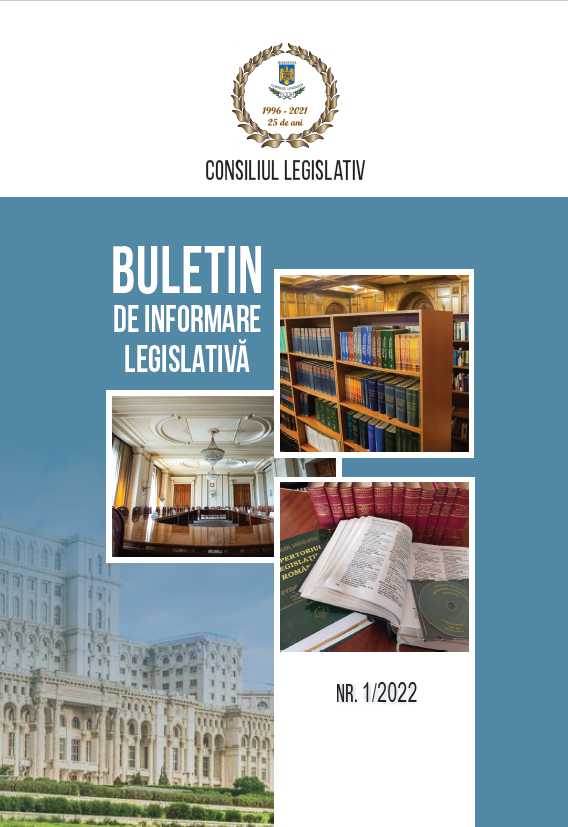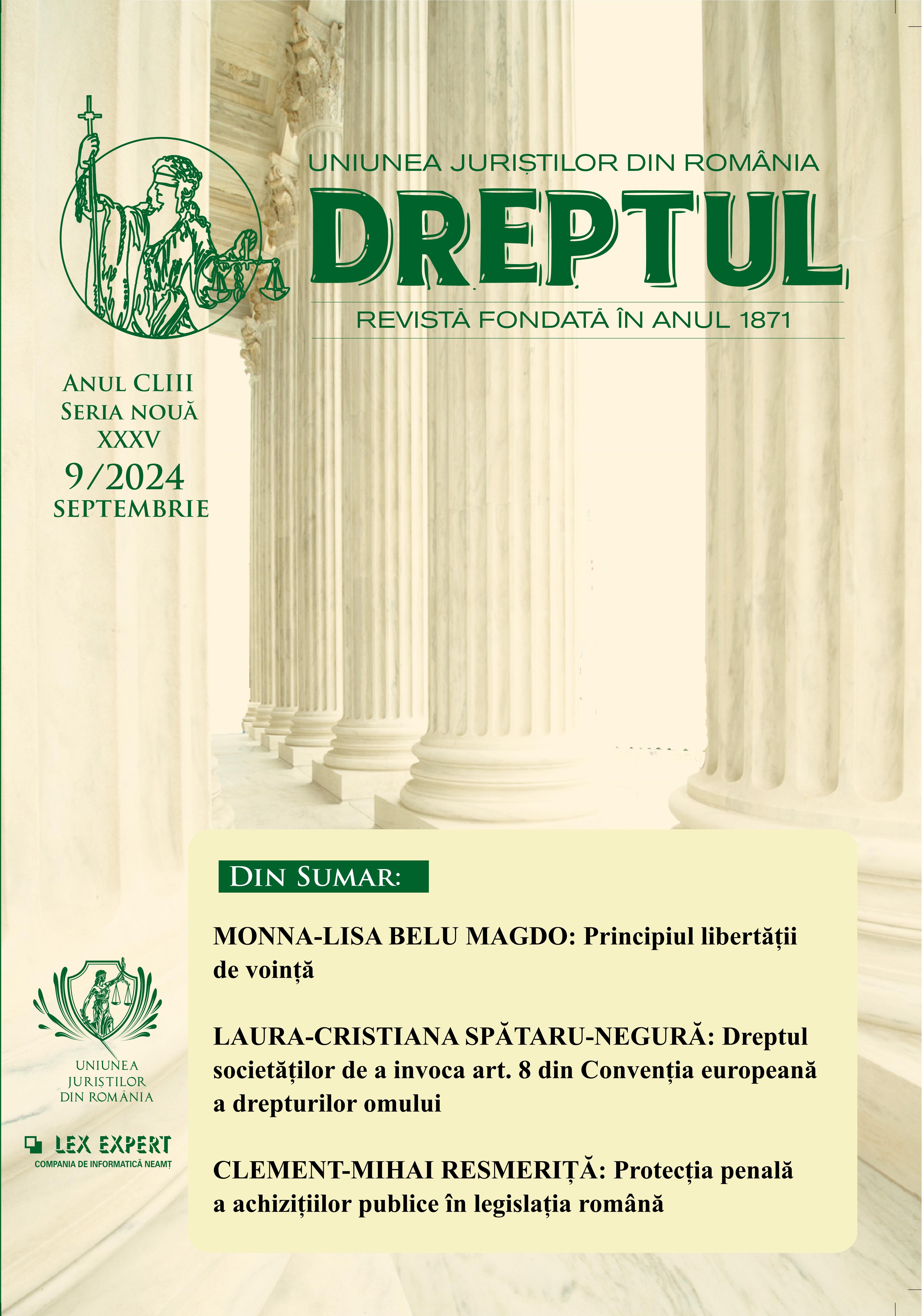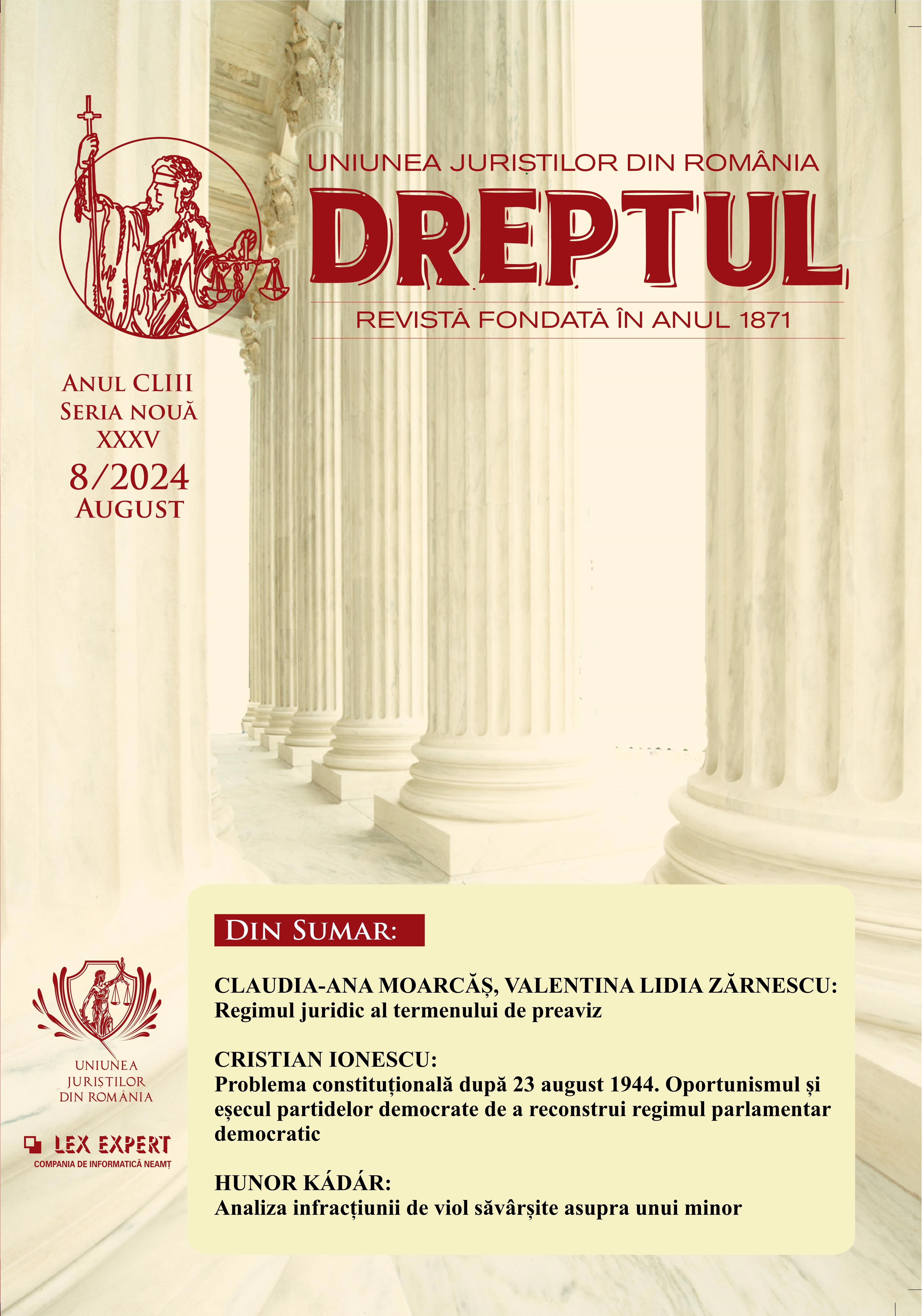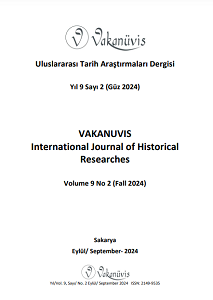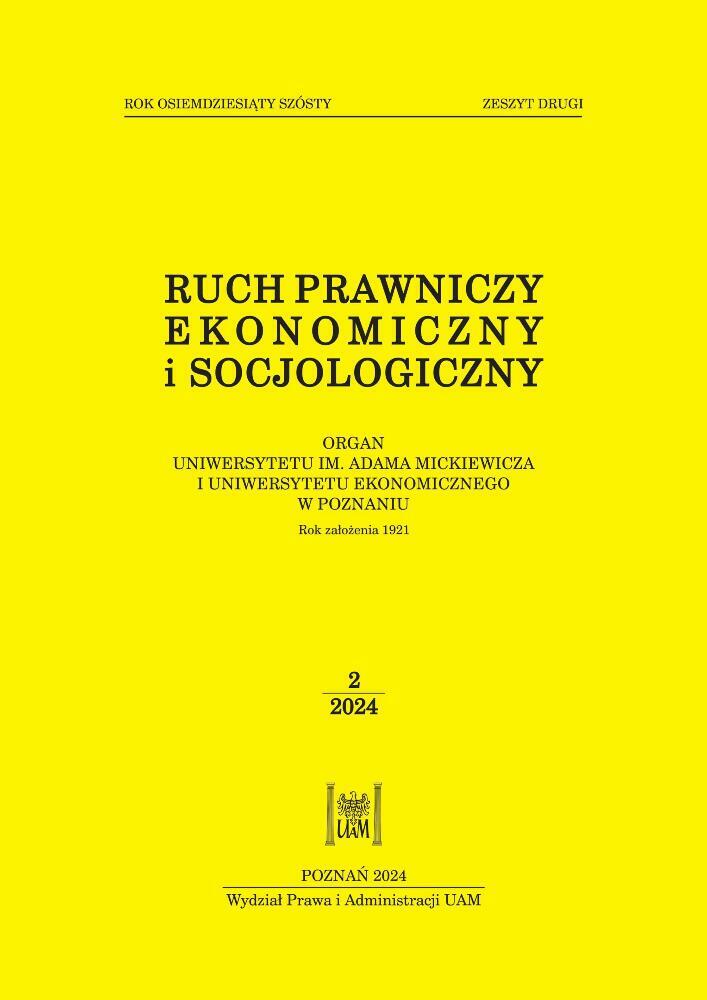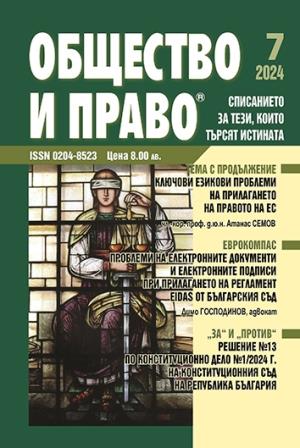Author(s): Monna-Lisa Belu Magdo / Language(s): Romanian
Issue: 09/2024
In the first part of the study, it was conceptualized the freedom of will, with reference to several doctrinal definitions regarding contractual freedom, but which are all located in the essence of the same coordinates. The legal will included in the concept of contract compliance with public order and good morals is not autonomous in relation to the law, which draws its limits, so that the obligational relations of the parties concerning the realization of their concordant interests are included in the requirement of an order and a balance at social level. The binding force of the contract, as the law of the parties, is transposed by its irrevocability towards the parties, as well as towards the judge, even if indirectly, in the interpretive process of the clauses of the contract, he can proceed to reorganize the contract.
The freedom of the parties in establishing the content of the contract finds its limit in their bond of solidarity, in the freely expressed will, put into discussion in the process of interpreting the contract and of clarifying its binding force in relation to the internal will, as a dimension of the legal will. The free manifestation of the will is placed in association with the principle of relativity of the effects of the contract, the scope of operation of which is restricted to the contracting parties. The broader approach to the freedom of will cannot be conceived outside of social determinism, identified by the legal order, the national and community public order and the good morals. The provisions of the Civil Code are added to the legal provisions incorporated in the public order and to those of direction that tend to conduct and channel the contract, both being constituted into an economic policy instrument.
The economic order of protection as a limitation of contractual freedom tends to defend the economically weaker contracting party and to restore the contractual balance (prevailing in the scope of consumer law). As a side of public order, the study analyzes the freedom of will in relation to the role of the contract, of the private norms, which include in their content the obligational and real relations, generated, modified and transferred thereby. The binding character of the contract is analyzed in the extended dimension, that which exceeds the scope of the contractual obligational nature. The private norm originating from the procedure specific to the legal act has a binding character, just like the objective norm, even if it is superseded by it. Conceived to address only the parties to the legal act, the private norm can be qualified as absolute by its bindingness, corresponding to the principle pacta sunt servanda, and relative in its specific obligativity towards third parties, in the form of opposability. Having its origin in the will guided by the interests of the parties, the private norm is legally validated by the legal order. The private norm that harmonizes individual interests with the legal order imposes its effectiveness through its binding and enforceable character towards those who generated it. The opposability of the private norm to third parties is justified by its assimilation to the objective legal order. The legal effects, recognized by the private norm in full accordance with the objective norm, confers legitimacy to the private interest expressed by the private norm without causing erga omnes effects. The norm of relativity of the contract effects and the principle of opposability make the distinction between the binding force of the legal act and its recognition as a social reality.
At the end of the study it was analyzed the method of achieving the freedom of will in the contract with elements of extraneity, materialised in the method of identification and operation of the law chosen by the parties, lex voluntatis, as well as the conditions and limits of operation of this freedom.
More...
